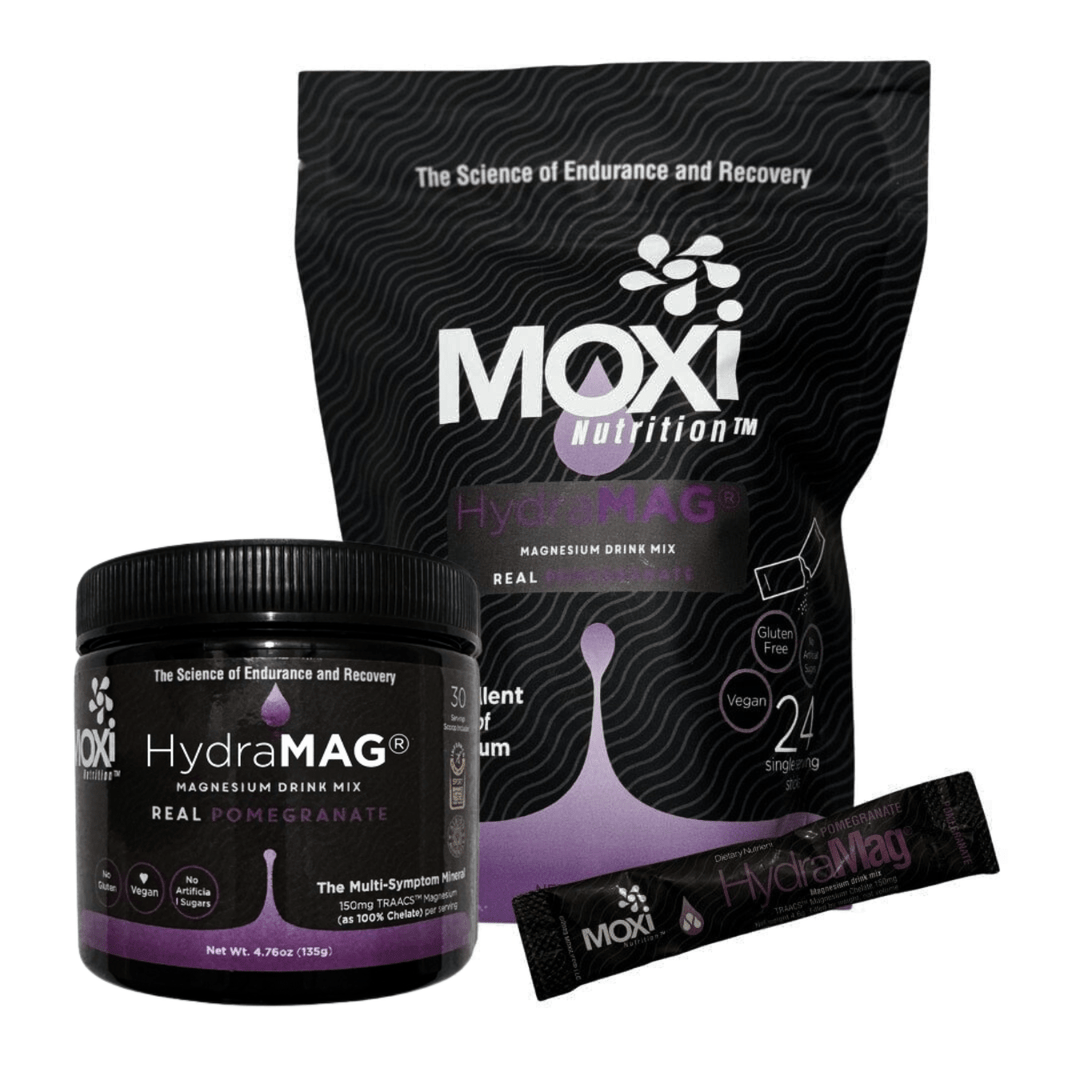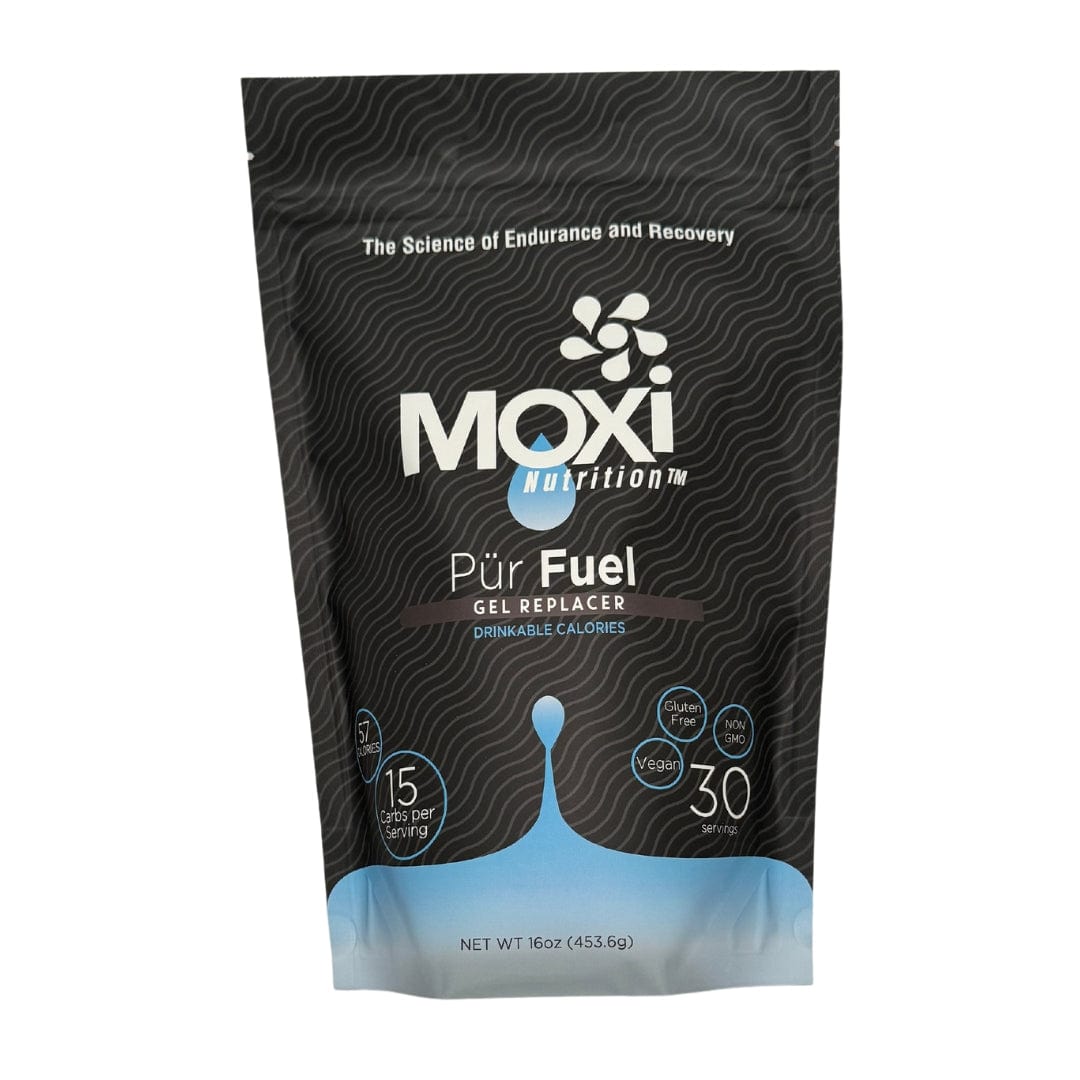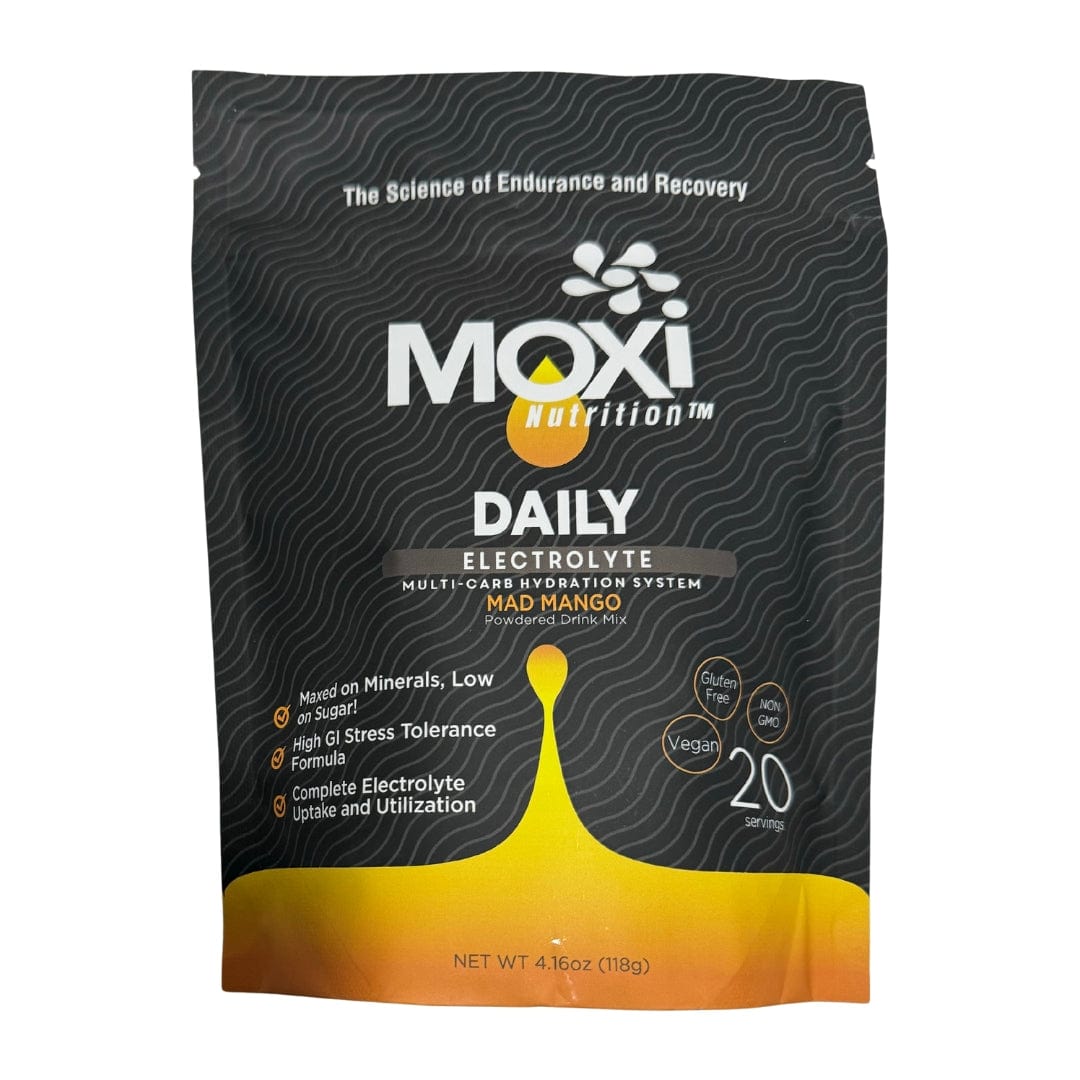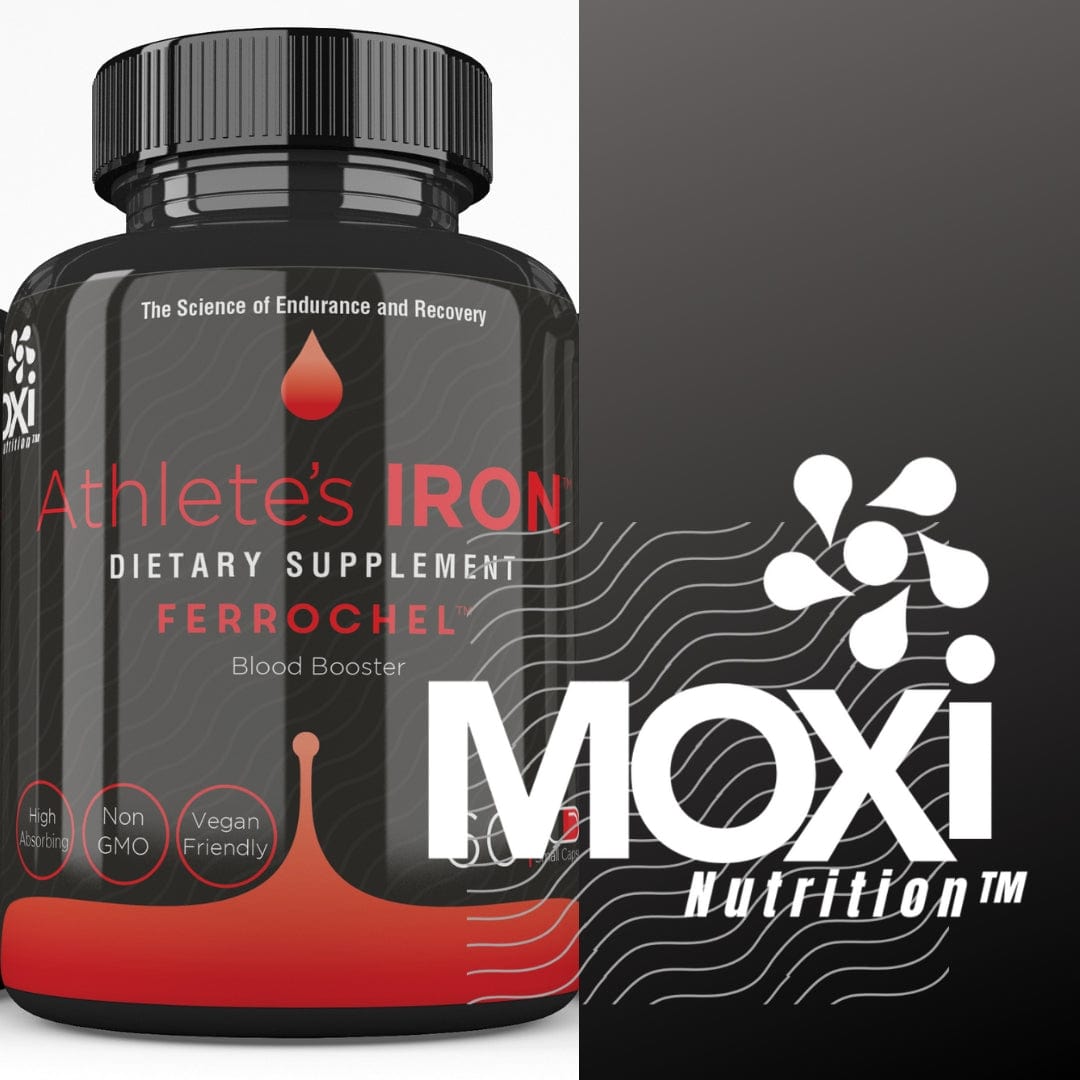Why Athletes Should Prioritize Magnesium

Many athletes overlook the importance of magnesium, yet it plays a crucial role in enhancing overall performance. This article will cover how magnesium affects muscle function and energy production, as well as its impact on recovery and stress management. By understanding these benefits, athletes can address problems like magnesium deficiency, leading to improved digestion and relaxation. Engaging with this content will help you optimize your nutrition and elevate your training outcomes.
Understanding the Role of Magnesium in Athletic Performance
Magnesium plays a crucial role in regulating various bodily functions, making it an essential micronutrient for athletes. This vital mineral supports muscle function, helps prevent weakness and cramping, and is involved in cellular energy production. Active individuals can benefit from understanding dietary sources of magnesium to enhance performance and recovery.
Defining Magnesium and Its Importance
Magnesium is an essential mineral that significantly contributes to various bodily functions crucial for athletes. This nutrient plays a pivotal role in energy production by converting glycogen into usable energy forms, enhancing stamina and endurance during physical activity. Maintaining adequate magnesium levels not only supports muscle and nerve function but also contributes to optimal bone health, enabling athletes to perform at their best and reduce the risk of injuries.
Incorporating magnesium-rich foods, such as nuts and leafy greens, into an athlete's diet can significantly improve overall performance. Research indicates that sufficient magnesium intake helps alleviate muscle cramps and fatigue, allowing for quicker recovery post-exercise. By understanding the importance of this micronutrient, athletes can make informed dietary choices that directly impact their training results and long-term athletic success.
Sources of Magnesium for Active Individuals
Active individuals seeking to boost their magnesium intake can turn to numerous food sources that promote stability in the nervous system and reduce inflammation. Leafy greens like kale are rich in magnesium and not only support muscle function but also aid in relieving headache symptoms often associated with exertion. Incorporating these nutrient-dense foods into meals can help athletes maintain energy levels and improve overall performance.
In addition to leafy greens, nuts and seeds also serve as excellent sources of magnesium. These foods not only provide the necessary mineral but can also assist in achieving restful sleep, which is vital for recovery after intense workouts. Athletes who include a variety of magnesium-rich foods in their diet can experience enhanced endurance and better management of exercise-induced discomfort, ultimately leading to improved training outcomes.
The Effects of Magnesium on Muscle Function
Magnesium significantly impacts muscle contractions, influencing how well muscles perform during physical activity. This essential mineral aids in preventing cramps and muscle spasms, providing relief for those experiencing conditions like restless legs syndrome. Foods rich in magnesium, such as spinach, help regulate blood sugar levels and enhance oxygen delivery, supporting overall muscle function.
Understanding how magnesium acts as a cofactor for various enzymes further emphasizes its importance in athletic performance. By ensuring adequate intake of this vital nutrient, athletes can promote optimal muscle health and reduce discomfort associated with intense training.
How Magnesium Influences Muscle Contractions
Magnesium serves a vital role in muscle contraction by acting as an electrolyte, which helps regulate fluid balance within the body. When muscle fibers receive signals to contract, magnesium aids in the process by playing a key part in the interaction of calcium and proteins responsible for triggering muscle movement. A deficiency in this important mineral can lead to impaired muscle function, resulting in cramps or spasms during physical activity.
Moreover, magnesium contributes to the proper functioning of blood vessels, ensuring effective circulation and oxygen delivery to active muscles. Enhanced blood flow supports sustained muscle contraction during prolonged exercise, ultimately improving performance and reducing fatigue. For athletes, maintaining adequate magnesium levels not only optimizes muscle contractions but also helps alleviate discomfort, promoting better overall training outcomes.
Preventing Cramps and Muscle Spasms With Magnesium
Magnesium is vital for preventing cramps and muscle spasms, particularly during intense physical activity. Research indicates that when magnesium levels are sufficient, athletes can better manage lactic acid accumulation, which often leads to muscle fatigue and discomfort. Consuming magnesium citrate can be an effective strategy, as it enhances absorption and helps maintain optimal electrolyte balance, reducing the likelihood of cramps during workouts.
Hypermagnesemia, or excessive magnesium in the body, is rare but can occur through supplementation, underscoring the importance of proper dosage. Athletes should monitor their magnesium intake, ensuring they maintain healthy levels based on individual hydration needs, which can be observed through changes in urine output. By prioritizing magnesium, athletes can enhance muscle function, mitigate the risk of spasms, and ultimately improve their performance and recovery processes.
Magnesium's Impact on Energy Production
Magnesium is vital for energy metabolism and ATP synthesis, directly influencing an athlete's capacity during physical activity. Adequate magnesium levels enhance endurance, enabling better fat utilization for energy. By optimizing absorption through a diet rich in magnesium sources like almonds, athletes can significantly improve their performance and sustain energy levels throughout their training and competitions.
Energy Metabolism and ATP Synthesis
Energy metabolism relies heavily on magnesium for the synthesis of ATP, the molecule that fuels muscular contractions during exercise. When magnesium levels are adequate, athletes can enhance their body's ability to convert carbohydrates and fats into energy, providing them with the stamina needed for prolonged physical activity. Incorporating magnesium-rich foods such as cashews and dark chocolate in their diet can significantly support energy production and overall performance.
Research, including findings from randomized controlled trials, highlights the relationship between magnesium intake and potassium balance, which is crucial for athletic success. Maintaining proper levels of potassium helps manage blood pressure and muscle function, allowing athletes to perform under pressure effectively. Ensuring sufficient magnesium intake allows athletes not only to sustain energy levels but also to optimize their training outcomes and recovery processes.
Enhancing Endurance Through Adequate Magnesium Levels
Adequate magnesium levels are critical for enhancing endurance in athletes, particularly during prolonged exercise activities. This mineral supports energy production by facilitating the metabolism of carbohydrates and fats, which helps prevent muscle fatigue. Athletes participating in challenging events, such as long-distance trail runs, can benefit from magnesium-rich foods like nuts and leafy greens, which aid in sustaining energy levels.
Additionally, magnesium works in conjunction with other nutrients, such as glycine and sodium, contributing to optimal muscle function and hydration. Consuming magnesium alongside omega-3-rich oils can improve the body's response to strain and reduce the risk of cramps and discomfort. By prioritizing magnesium in their diets, athletes can enhance their overall performance and resilience during demanding training sessions and competitions.
The Connection Between Magnesium and Recovery
Magnesium plays a key role in reducing muscle fatigue, which is essential for athletes recovering from both aerobic and anaerobic exercise. This mineral also contributes to better sleep quality, allowing the brain and body to rejuvenate effectively after intense performance. Topics discussed include the optimal dose of magnesium oxide for recovery and its synergistic effects with zinc, providing insights into maximizing athletic recovery.
Magnesium's Role in Reducing Muscle Fatigue
Magnesium plays a significant role in alleviating muscle fatigue, which is essential for athletes aiming for peak performance. This mineral helps regulate neurotransmitter function, leading to improved concentration and muscle coordination during high-intensity activities. By maintaining adequate magnesium levels, athletes can experience enhanced energy production, which is crucial for sustaining effort over longer periods and overcoming symptoms of dehydration.
Furthermore, sufficient magnesium intake supports muscle recovery by reducing fatigue-related stress and improving overall resilience. Athletes who prioritize magnesium can benefit from its ability to combat the effects of physical strain, thus minimizing the risk of fatigue-related diseases. Ultimately, incorporating magnesium-rich foods into their diets can empower athletes to stay energized and focused, enhancing their recovery process after rigorous training sessions.
Promoting Sleep Quality for Better Recovery
Magnesium plays a vital role in promoting quality sleep, which is essential for athletes focusing on recovery after intense workouts like strength training and triathlons. Having sufficient magnesium levels can help regulate heart rate and lower stress levels, allowing athletes to achieve deeper, restorative sleep. This, in turn, aids in the body's natural healing processes, reducing the likelihood of injury and minimizing pain after strenuous physical activity.
By prioritizing magnesium-rich foods, athletes can enhance their sleep quality, contributing to improved recovery times and overall performance. Sleep is crucial for muscle repair and emotional well-being; thus, athletes engaged in rigorous training must recognize the connection between magnesium intake and their ability to recuperate effectively. An athlete who consistently achieves better sleep will likely experience increased energy and resilience during their next training session or competition.
Magnesium's Contribution to Stress Management
Magnesium plays a significant role in reducing cortisol levels, helping athletes manage stress effectively. This mineral supports mental clarity and focus, essential for peak performance. Furthermore, maintaining a healthy diet rich in magnesium can enhance the immune system and aid in weight loss efforts. Exploring these aspects provides athletes with practical insights into the importance of magnesium for both mental and physical well-being.
Reducing Cortisol Levels in Athletes
Research shows that magnesium plays a significant role in reducing cortisol levels, a stress hormone that can negatively impact athletic performance. By incorporating this mineral into their sports nutrition plan, athletes may experience enhanced mental clarity and improved focus during training and competitions. For those concerned about their magnesium levels, a blood test can be an effective way to assess their status and identify any deficiencies.
Moreover, combining magnesium with vitamin B6 can further optimize cortisol regulation, as these nutrients work synergistically to support the body's stress response. A systematic review of relevant studies emphasizes the positive influence of magnesium on stress management and overall health. By prioritizing magnesium-rich foods and ensuring adequate intake, athletes can better manage stress and ultimately enhance their performance on and off the field.
Supporting Mental Clarity and Focus
Magnesium plays a vital role in supporting mental clarity and focus, which are crucial for athletes aiming to perform at their best. This essential mineral influences neurotransmitter function, impacting biochemistry in the brain. By ensuring adequate magnesium levels, athletes can enhance cognitive performance, allowing them to concentrate better during training and competitions.
Incorporating forms like magnesium chloride in capsule form can provide targeted benefits. This approach can increase magnesium availability in the body, ultimately supporting the production of red blood cells and promoting overall mental endurance. Athletes often confront mental fatigue, and prioritizing magnesium intake can help combat this issue, enabling them to maintain a sharp focus and achieve their performance goals.
Practical Tips for Incorporating Magnesium Into an Athlete's Diet
To effectively incorporate magnesium into their diets, athletes should be aware of the recommended daily intake tailored to support performance and mood regulation. Natural food sources, such as whole grains and leafy greens, provide essential magnesium, while supplements like magnesium oxide can help maintain proper homeostasis. Understanding these options will empower athletes to optimize their bone mineral density and overall well-being.
Recommended Daily Intake for Athletes
The recommended daily intake of magnesium for athletes typically ranges from 310 to 420 milligrams, depending on factors like age, sex, and activity level. Achieving this amount through whole foods, such as leafy greens, nuts, and whole grains, is beneficial. Athletes may also consider a dietary supplement to meet their magnesium needs, especially if their diet lacks sufficient sources. Including more magnesium-rich foods can help combat fatigue and improve attention during training sessions.
For active individuals, understanding their magnesium needs can lead to improved performance. Consulting a nutritionist to assess dietary habits and recommend an appropriate dosage can be a smart move. Athletes seeking to optimize their magnesium levels should consider checking product recommendations online and may find it convenient to add supplements to their cart for easy access. This strategy ensures they maintain adequate magnesium levels for overall well-being and peak athletic performance.
Natural Food Sources and Supplements to Consider
Including natural food sources of magnesium in an athlete's diet can significantly enhance their performance and recovery. Foods like almonds, spinach, and black beans are rich in this essential mineral and support optimal skeletal muscle function. By preparing meals with these ingredients, athletes can avoid issues related to electrolyte imbalance, which often hampers endurance and overall athletic capability.
In addition to whole foods, magnesium supplements such as magnesium aspartate can provide an effective alternative for those struggling to meet their daily magnesium needs through diet alone. This supplement form is easily absorbed and can further support muscle recovery and energy production. Athletes are encouraged to consult with nutrition experts for tailored advice on using supplementation alongside their cooking practices to fully harness the benefits of magnesium.
Conclusion
Prioritizing magnesium is essential for athletes seeking optimal performance and recovery. This crucial mineral supports energy production, muscle function, and stress management, directly impacting endurance and reducing the risk of cramps and fatigue. By incorporating magnesium-rich foods into their diets and considering appropriate supplementation, athletes can enhance their training outcomes and promote overall well-being. Ignoring magnesium can hinder athletic progress, making awareness of its importance vital for any serious competitor.







